“Our goal is to be the ultimate school-based model for successful community transformation.”
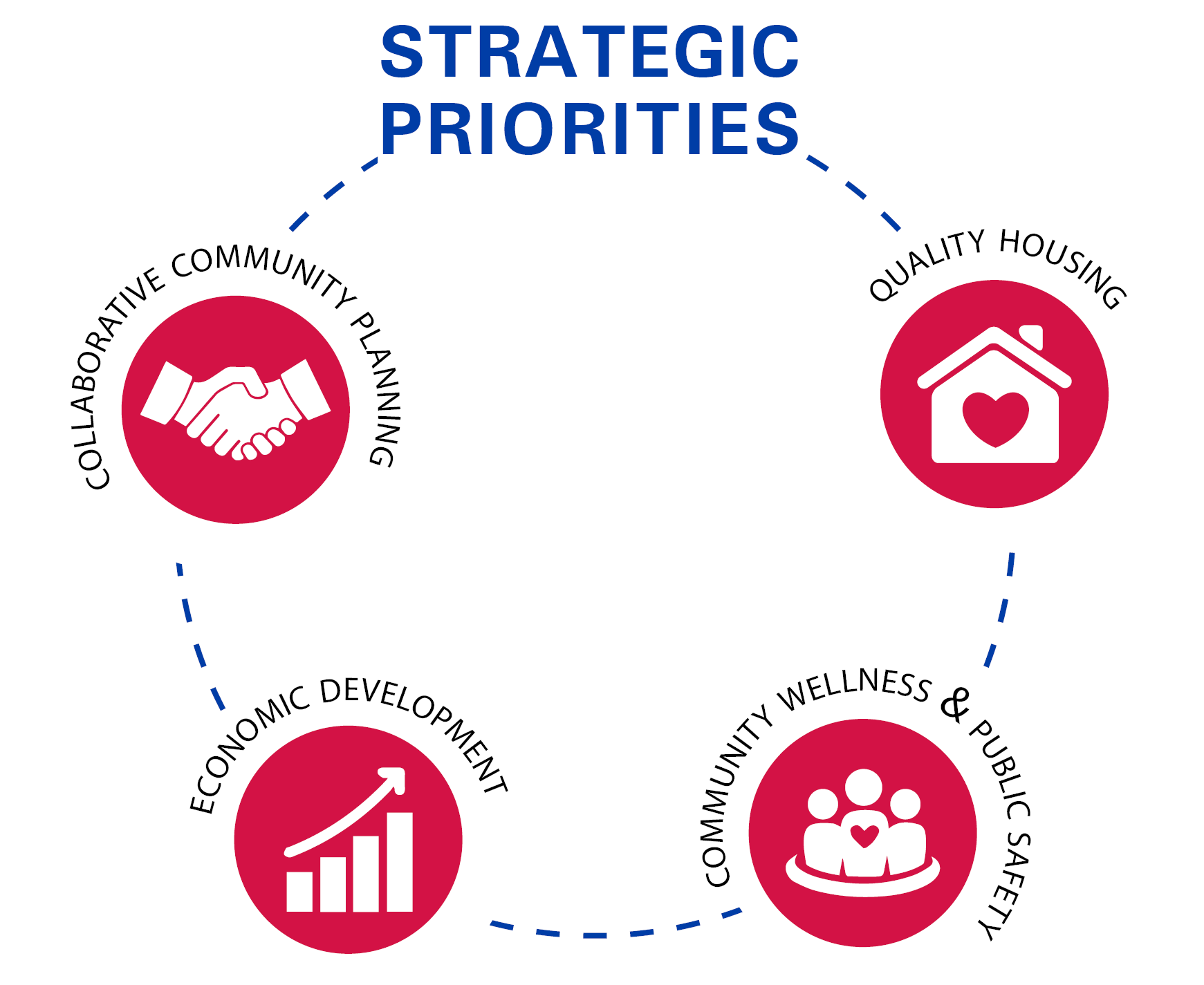
WE BELIEVE children and families have the right to a neighborhood that provides safety, opportunity and hope.
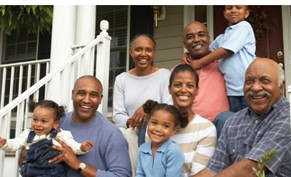
Did you know a person’s zip code is the most powerful single predictor of health and opportunity? Join our collective work to accelerate the community’s vision for positive change.
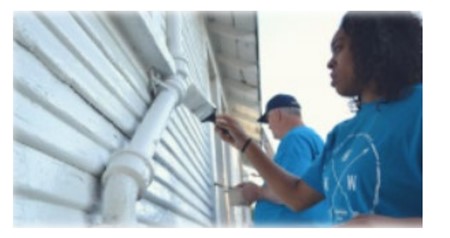
Let’s work together to ensure zip code 75215 is a healthy, economically vibrant & diverse community that celebrates its rich history and provides opportunities for residents of all backgrounds to live, work, play and thrive.
“Change does not simply arrive. It does not ride a bicycle. It is driven.”
Excerpt from Dr. Terry J. Flowers’ Faith Fuels Change blog.
Who We Are
TRACK RECORD OF EXCELLENCE: St. Philip’s is a school, community center, and neighborhood change agent. Since the 1980s, St. Philip’s has been at the forefront of transformational community development, including more than 70 residential housing units, redeveloping 14 crime-ridden liquor-related businesses, and re-igniting the area’s main commercial strip.
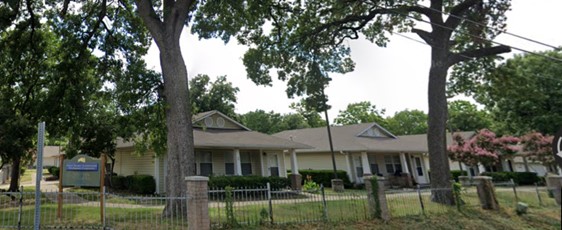
LOCAL DESIGN IS A BEST PRACTICE: Successful revitalization initiatives leverage the power of a local lead organization committed to a specific geography to provide community-based leadership for positive change.

STEWARD OF COMMUNITY TRUST: St. Philip’s is uniquely positioned to elevate the voice and wisdom of residents while working proactively with the City and developers. As a neighborhood anchor for more than 75 years, St. Philip’s has the community’s trust and the experience to shepherd revitalization in a way that welcomes newcomers and benefits residents who have stood the test of time.
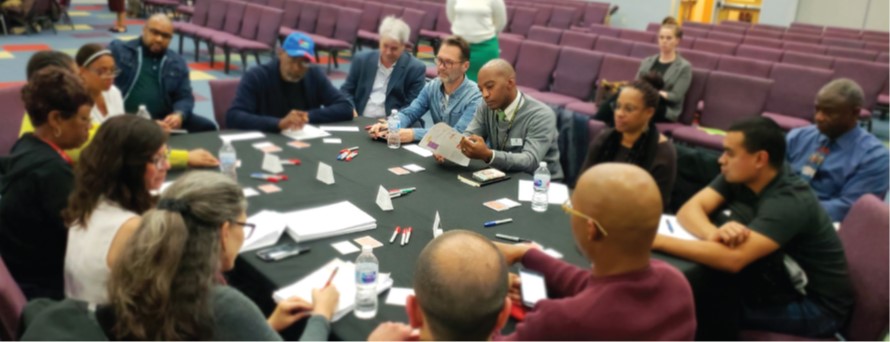
ECONOMIC DEVELOPMENT
Great cities provide great opportunity. Dallas is no exception. And yet a recent index of the country’s 274 largest cities published by The Urban Institute ranked Dallas dead last in economic and racial inclusion. St. Philip’s is working collaboratively to address the physical disrepair of structures in the area’s main commercial strip (Martin Luther King Jr. Blvd) and cultivating relationships with companies that share aligned values to spur economic development, employment, job training and pathways to greater opportunity.
THE HUB ON MLK
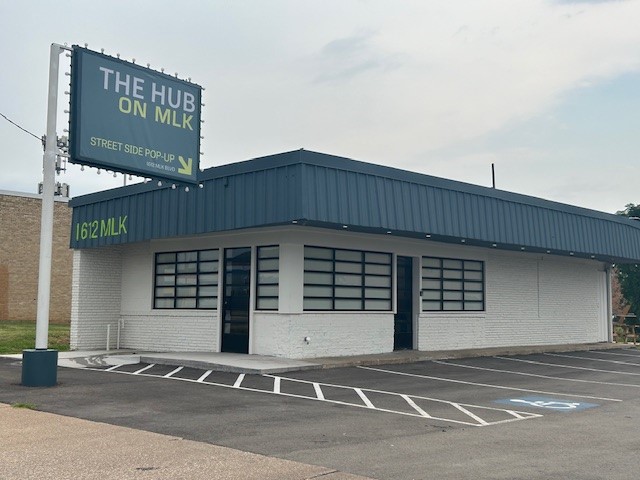
Our Pop-Up Storefront allows local entrepreneurs an opportunity to showcase their business concepts and sell their merchandise, products & creations to the community. The Hub also provides a unique opportunity for various community social service providers, such as the Dallas Police Department (DPD), healthcare providers, educational institutions, job training providers, financial institutions, and more, to conveniently bring their valuable services, classes and resources directly to the community. This flexible and collaborative approach fosters accessibility and ensures that essential support is easily available to those who need it. The Hub can be rented daily, for up to a month.
Click here for more information and to reserve the space.
RUTHIE'S CAFE – NOW OPEN
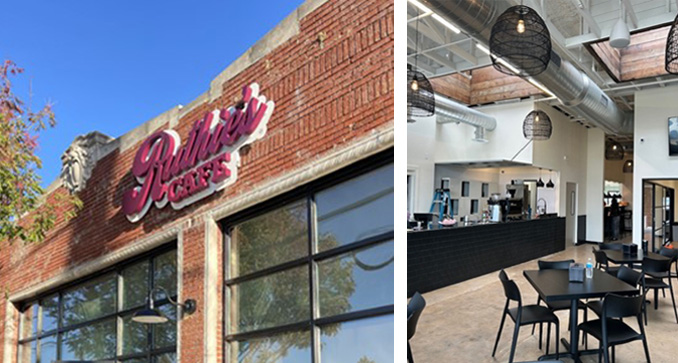
The massively popular Dallas food truck Ruthie's Fueled For Good, famous for its gourmet grilled cheese sandwiches that’s been rolling in Dallas since 2011, has expanded into a permanent space called Ruthie’s Cafe. Located in the historic Forest District building at 1632 MLK Jr. Blvd. Ruthie's Cafe is serving the food truck's signature dishes include the top-selling Boss, a slow-cooked brisket grilled cheese; Ruthie’s BLT classic; the Majestic, featuring spinach artichoke dip, mozzarella cheese, tomatoes, and bacon; and the extra cheesy classic, four cheeses packed on grilled sourdough bread. But the Cafe also serves an expanded menu featuring breakfast and lunch, including eggs, breakfast sandwiches, fruit & yogurt, salads, soups, tots, and vegan meals. Special events will be held in the evening.
A Special Thank You to Ruthie’s founder Ashlee Hunt Kleinert! Ruthie’s Fueled by Good is a gourmet grilled cheese food truck and cafe, proudly operating as a 501(c)(3) nonprofit under the Good Foundation. More than comfort food, Ruthie’s is driven by kindness and purpose, creating a meaningful impact with every meal. In partnership with nonprofits like Unlocking Doors, Ruthie’s provides second chances by hiring individuals affected by the legal system. Ruthie’s Cafe is now open Monday through Friday 8am to 6pm and Saturday for brunch from 8am to 2pm. The Cafe will support St. Philip’s School and Community Center, with net proceeds going directly to help fund the community development work.
Sweet & Chill – Opening Soon (Summer 2025)

Keisha and Nick Reeder, South Dallas’ self-described “Happiness Hustlers” will be bringing joy to South Dallas when they open their new dessert restaurant concept, Sweet & Chill, to 1602 Martin Luther King Jr. Blvd. The restaurant will feature their famous Frios Gourmet Pops as well as new gourmet dessert concepts including cookies, cupcakes and more. Come enjoy the food and company of Sweet & Chill and experience the “childlike feeling, a feeling of freedom and fun” that the desserts promise to bring!

ENVIRONMENTAL HEALTH
St. Philip’s is working together with the Environmental Protection Agency (EPA) and the City of Dallas to combat the disproportionate harm of pollution and contamination on disadvantaged communities in America by implementing EPA Brownfield Grants for assessment and cleanup. St. Philip’s has been awarded two EPA grants totaling $1.3 million that have been used for environmental assessments and plans for cleanup and reuse of multiple properties, including several retail buildings on MLK Blvd in an effort to spur economic development and provide greater opportunity for small business owners to serve the community.
“For too long, affluent, White communities have been kept clean at the expense of Black neighborhoods – often offloading their garbage and industrial waste to areas seen as less valuable,” said Representative Jasmine Crockett (TX-30). “Brownfield grants like this for Dallas’ St. Philip’s are an important step towards undoing the harm of this policy for current and future generations of Dallas residents. Not only will this grant provide St. Philip’s the resources to remove harmful materials (from nearby buildings with former industrial uses), but it empowers them to reinvest in the community afterwards.”
“This grant from the EPA is another monumental step in dismantling decades of environmental injustices that have violated residents of South Dallas,” said Dr. Terry Flowers, Headmaster and Executive Director. “This grant will allow us to eliminate contamination and at the same time transform what were once venues of vice to venues of vibrant community vitality.”
